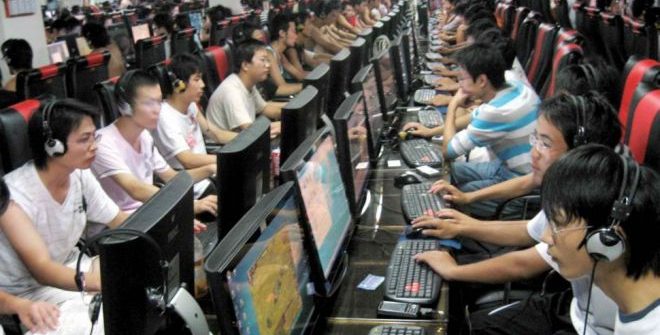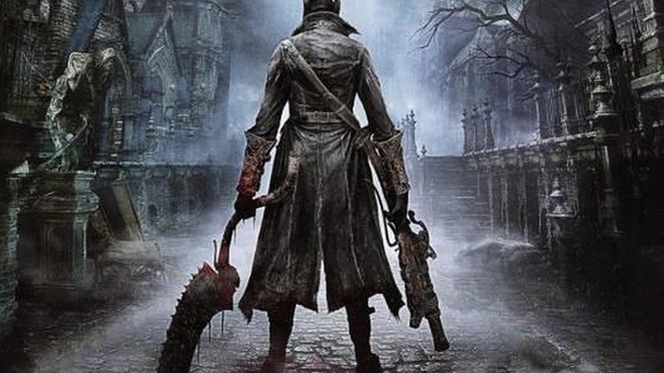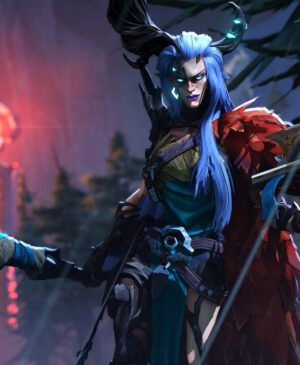The law has been in action for a decade, but it wasn’t that useful for everyone (no wonder it became controversial).
The Shutdown Law, also known as the Cinderella Law, was introduced in 2011. It was meant to try and prevent kids and teenagers from playing games until the early morning hours. The law ruled that anyone under the age of 16 couldn’t play online games between 12 AM and 6 AM. (China uses stricter restrictions, but they don’t plan on changing them.)
This law was a problem for Microsoft. They have Mojang that prints money for the already well-stacked company (Windows, Office… deals with the US Army) via Minecraft. However, the game effectively became an adults-only game. Why? After the Xbox Live integration, only 19 or older could play, as the subscription was tied to this age. But Minecraft is mainly aimed at younger audiences…
Therefore, no wonder this law was such a pain for the audience that a petition was created to abolish it, Korea Herald reports. It gained over one hundred thousand signatures. It may have been the reason why the Ministry of Culture, Sports and Tourism and the Ministry of Gender Equality and Family have decided to scrap the law this week to “respect the rights of youths”.
The law will be replaced by a choice permit system (which has been available since 2012), giving the control in the hands of the parents or guardians. They can define the playtime hours. In other words, the politicians are handing the control over to the parents. “For youths, games are an important leisure activity and communication channel. I hope that the preventive measures can respect the rights of the youths and encourage healthy home education.” Culture Minister Hwang Hee said.
The South Korea Association of Game Industry welcomed this move in a statement: “The shutdown system has choked the nation’s game industry for a long time despite continuous criticism over its ineffectiveness, infringement on children’s rights and weakening of the industry’s competitiveness. We’ll make efforts for parents to know better about child protection systems already available in each game.”
Source: PCGamer

















Leave a Reply